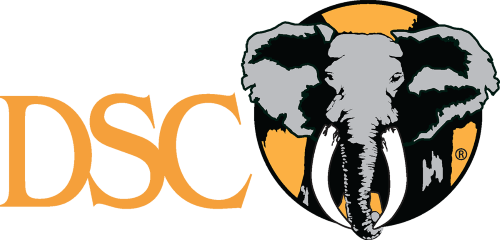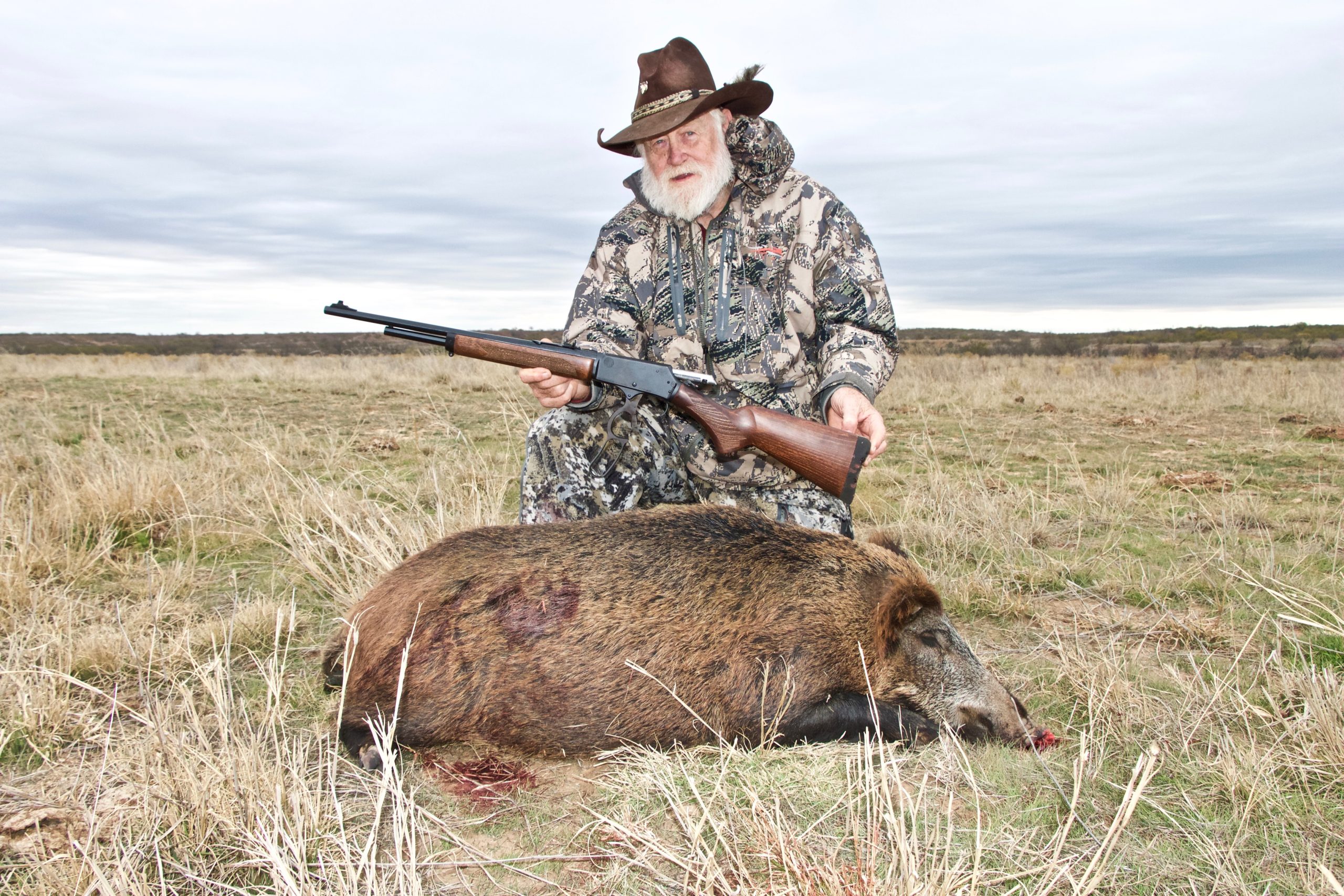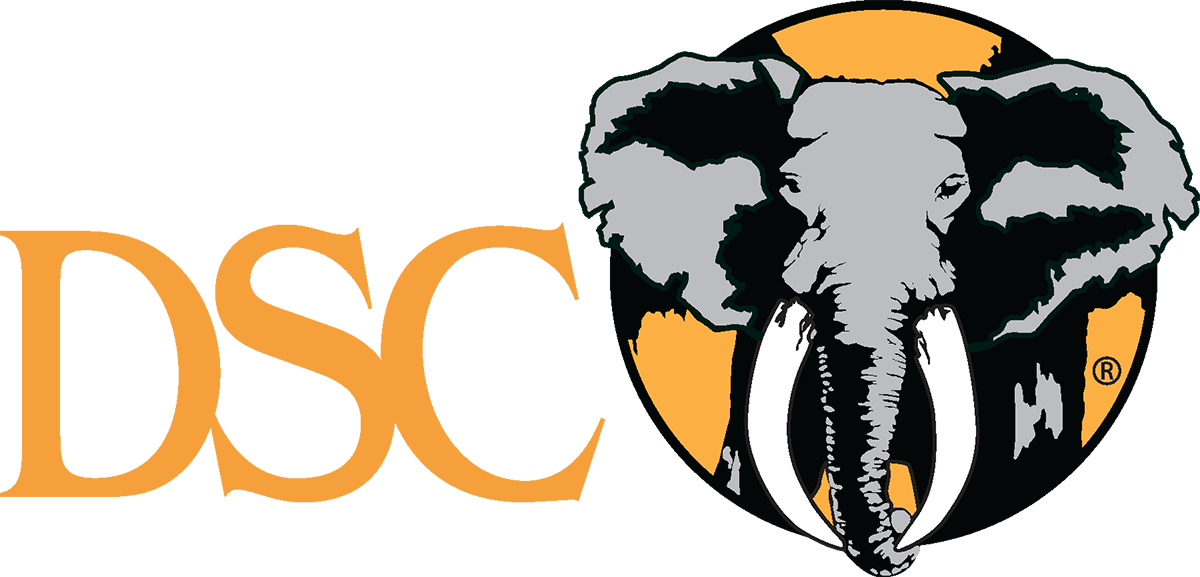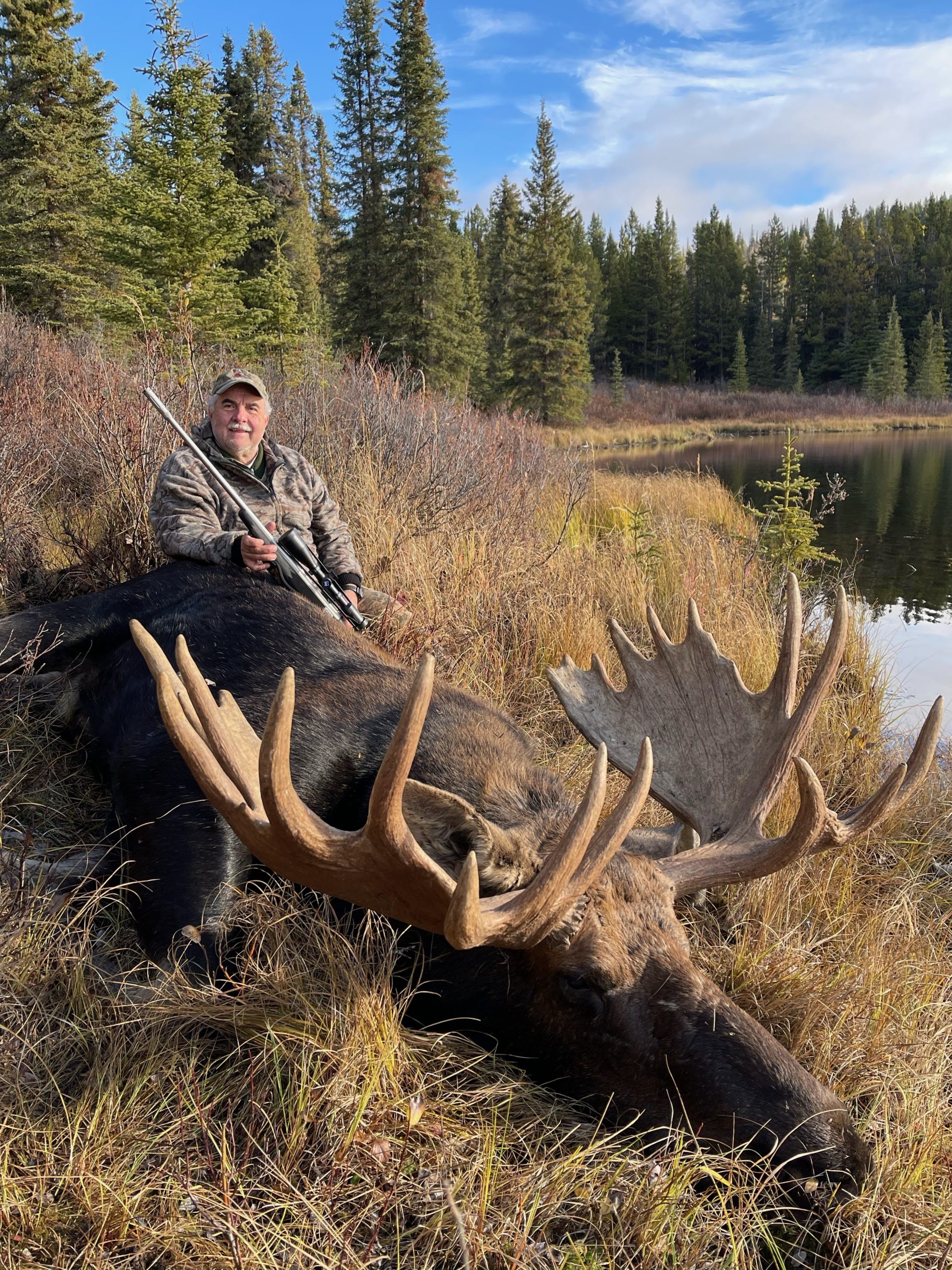Few animals in Africa, or anywhere, are as iconic as the African lion. As hunters we understand the benefits of lion hunting. Dallas Safari Club has stated, and firmly believes, that in the fight to save lions, hunters are their best allies.
In January 2013, Dallas Safari Club announced its definition of the ideal huntable male lion. In May 2013, an international assembly of conservationists representing 84 different countries adopted the African lion hunting policy modeled after that of Dallas Safari Club. That policy is supported by extensive scientific research that shows, clearly, that hunting older male lions has no negative effect on populations.
In South Africa, captive bred lion hunting is legal. Several professional hunting associations and hunting conservation organizations have commented on the negative impact that captive bred lion hunting has on them and the hunting community in general. We recognize the value of ranching for wildlife. However, to date there is no evidence or scientific research to suggest that captive bred lion hunting contributes to the conservation of wild lion. Under current conditions, the United States Fish and Wildlife Service does not permit the import of captive bred lion trophies from South Africa.
Dallas Safari Club has a responsibility to support and encourage ethical hunting practices, even where ethical practices do not align with what is legally permitted – a principle that helps to define Dallas Safari Club. We have given careful consideration to the arguments and rationale of those who support the practice and those who oppose it – arguments made by respected members of the hunting community on both sides of the issue.
After a thorough analysis and deliberation, the Board of Dallas Safari Club has concluded that the practice of captive bred lion hunting is not a practice that is in keeping with its values of ethical and fair chase hunting. Therefore, Dallas Safari Club does not support the practice of captive bred lion hunting.



